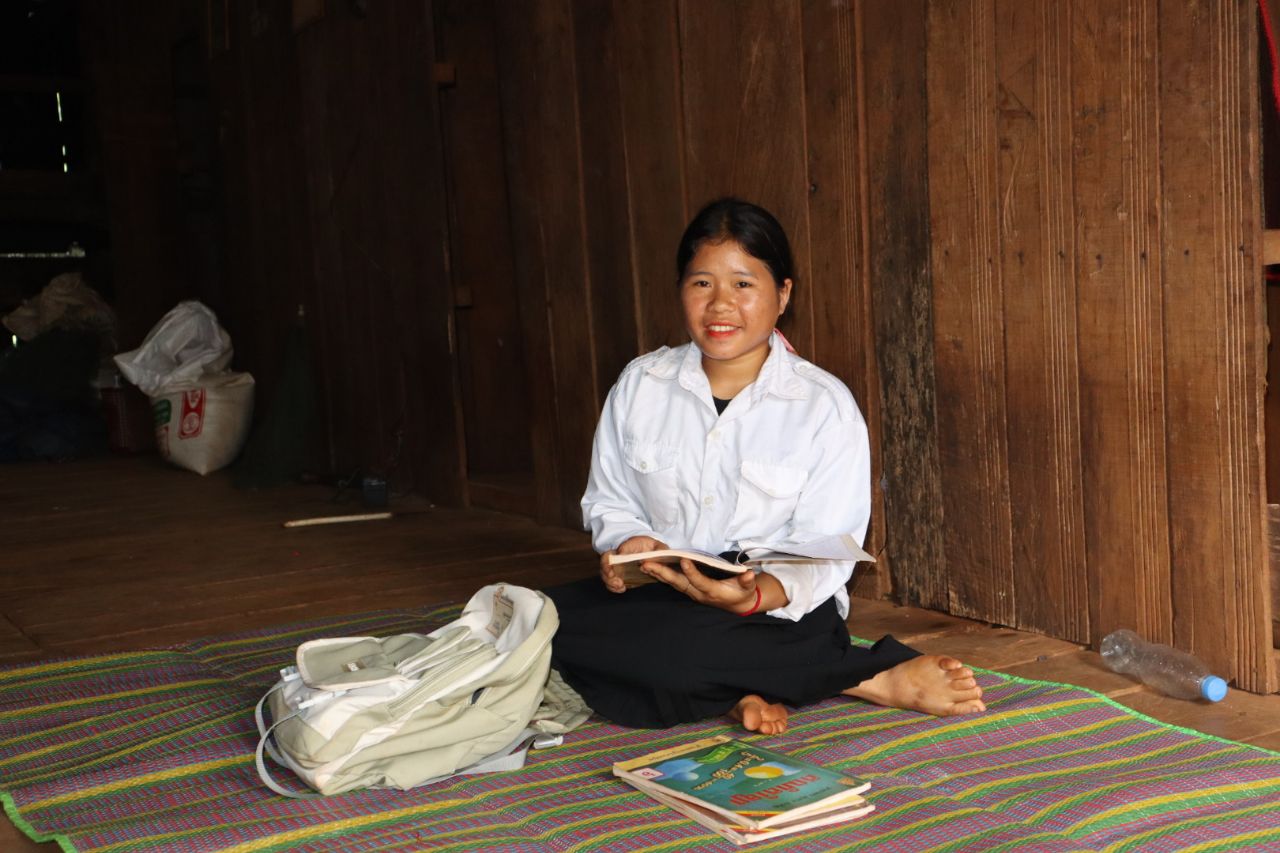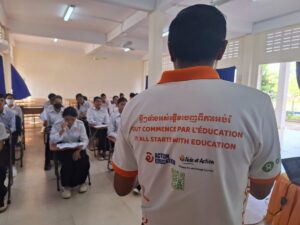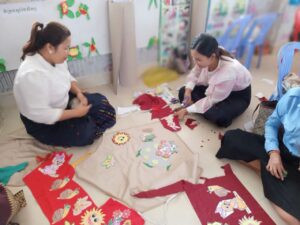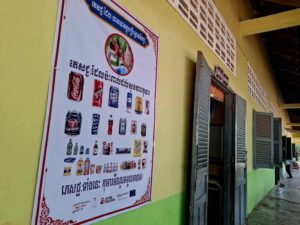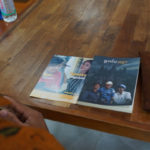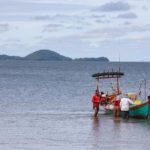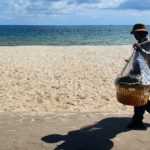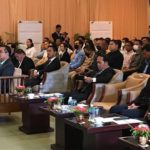Life can be difficult for an indigenous child in north-eastern Cambodia. Approximately nine tribes live in a remote tropical forest and plantation, subsisting on rice cultivation and traditional farm practices. People live in small communities made up of huts and cottages scattered all over the places with no public services such as schooling, running water, electricity, toilets, or healthcare. As deforestation for massive plantations threatens the way of life in these villages, Education Above All’s Educate A Child (EAC) program is assisting the Cambodia Consortium of Out-of-School Children (CCOSC) in transforming their future through education.
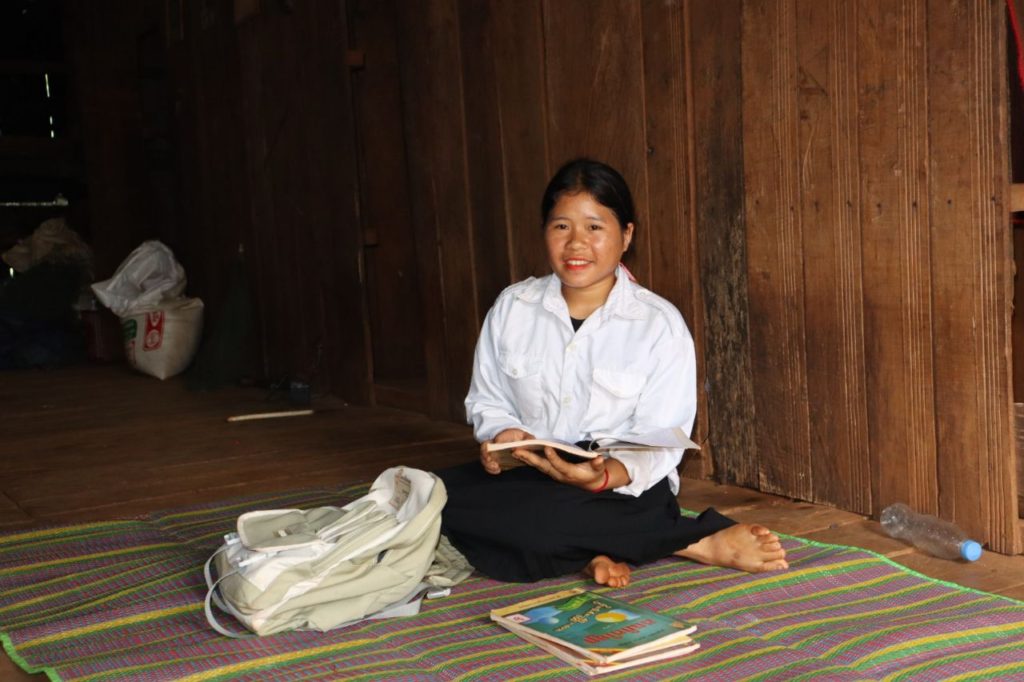
Sixteen-year-old Ro Cham Deam, an indigenous Charay from Ratanakiri province in northeastern Cambodia, would often miss classes to work with his parents on their farm. Now, with the support of her family and the locals, he never misses class. Despite being from a low-income background, you can still succeed and accomplish your goals.
Deam still cannot afford school supplies or a uniform, and she must miss classes to collect cashew nuts from a relative’s plantation.
Ro Chom Deam once gushed, “I love going to school and learning new things.” She joined CCOSC (The Cambodian Consortium for Out-of-School Children) in December 2022. The program is meant to help indigenous youngsters from disadvantaged backgrounds get an education, like Deam did. School supplies and a uniform have been provided in kind to help Ro Chom Deam succeed in her studies. “Those materials make me very happy and eager to attend school regularly and want to go to university,” she gushed.
“My favorite subject is Khmer literature because I enjoy reading books and finding out about new things,” she added. “I hope to one day teach elementary school in my small town.” She said that if the indigenous children were taught new things, it might have them thinking about their own future.
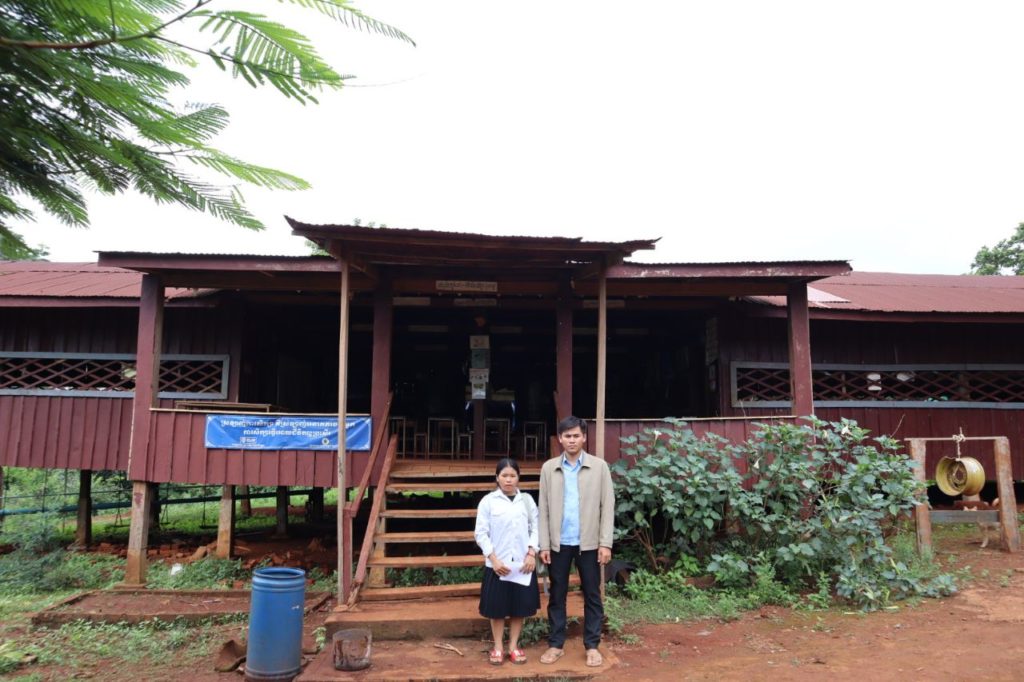
Poverty, hunger, a lack of resources, and an absence of reliable transportation all conspire to make it difficult for many indigenous children to attend school and succeed academically. They have to help their parents on the farm, so some of them have to choose between school and work. Some of them are embarrassed to attend school because they are quite grown-up.
The program has helped students’ parents and other villagers recognise the value of education, and they now encourage us to attend school. As a result, I have sufficient time to attend school regularly and keep up with my peers. “I also encourage and support my peers facing similar struggles to mine to join me in school,” she said.
Two years ago, when COVID-19 shut down her school, she felt sad and afraid. “I worried about being sick or losing someone,” and I missed my teachers and classmates so much,” she added. Without the supervision of teachers, she found it difficult to try to educate herself alone using only books. Due to their own lack of literacy, her parents were unable to instruct her at home.
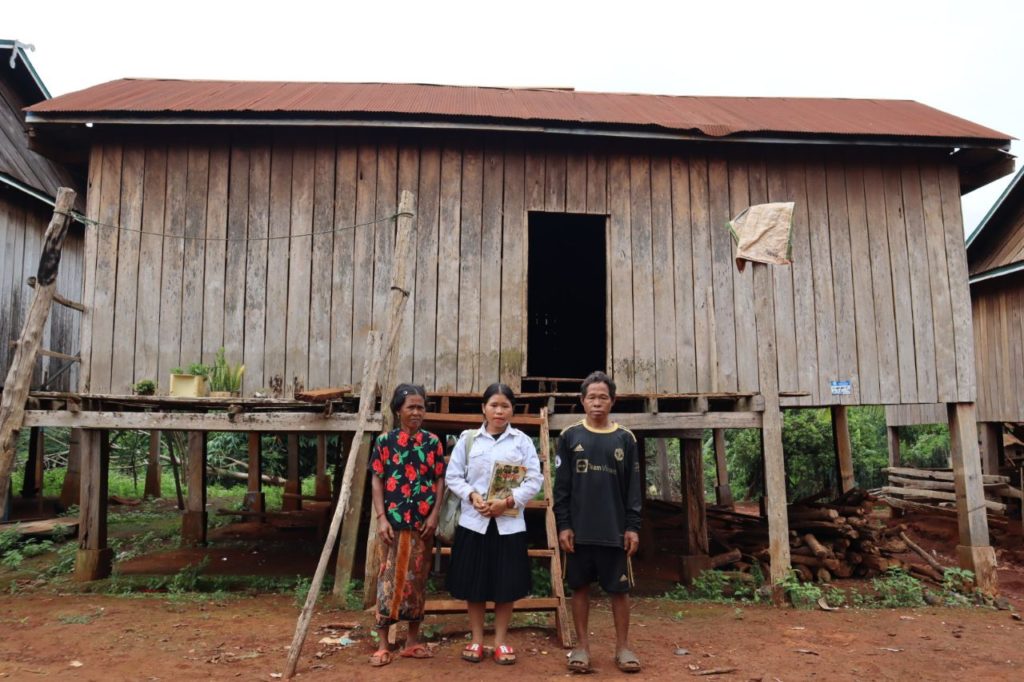
“I want to become a primary school teacher so that I can help other indigenous children get a great education,” she added. She hopes to better support her family by increasing agricultural production and revenue. She appreciates how the Cambodian Consortium for Out-of-School Children has changed her life and the lives of others in her neighbourhood.
